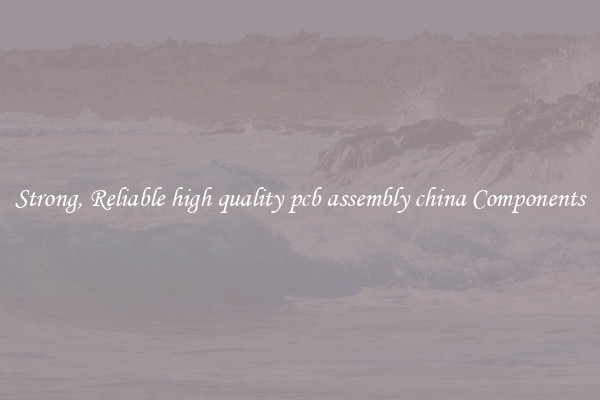Strong Efficient High-Quality filtering iron particles
Strong, Efficient and High-Quality: The Importance of Filtering Iron Particles

Iron particles are everywhere, and they can wreak havoc on our environment and health if not properly controlled. Whether it is in industrial processes or everyday activities, the presence of iron particles can pose serious risks. Therefore, having a strong, efficient and high-quality filtering system in place is essential to ensure the removal of these harmful particles.
Iron particles can originate from various sources. In industrial settings, they can be generated during grinding, cutting, or welding operations. They can also be present in the atmosphere due to vehicle emissions, construction activities, or natural sources. Additionally, iron particles can be found in water sources, which can result in contamination and affect the quality of drinking water.
The need for a strong filtering system lies in the adverse effects that iron particles can have on both human health and the environment. Inhaling or ingesting iron particles can lead to respiratory problems, such as asthma or bronchitis. Prolonged exposure to these particles can even contribute to the development of more serious conditions, like lung cancer. Moreover, iron particles can cause corrosion and clogging in machinery and pipelines, leading to operational inefficiencies and costly repairs.
Efficiency is crucial when it comes to filtering iron particles, as it ensures the removal of even the smallest and most stubborn particles. A high-efficiency filter can efficiently capture iron particles before they disperse into the air or water. Filtering systems with a high capture efficiency will not only protect human health but also prevent contamination of natural resources, such as rivers and lakes.
While the strength of a filtering system refers to its durability and ability to withstand harsh conditions, it is also related to its effectiveness. A strong filtering system will continue to perform optimally even in challenging environments, ensuring that iron particles are consistently removed. This is particularly important in industries where iron particles are generated in large quantities, such as metalworking, mining, or construction.
High-quality filtration systems ensure the reliability and longevity of the filtering process. Quality filters are designed with robust materials and advanced technologies to withstand wear and tear, ultimately minimizing maintenance and replacement costs. Additionally, high-quality filters are often engineered to be user-friendly, allowing for easy installation and maintenance procedures.
In conclusion, establishing a strong, efficient, and high-quality filtering system is crucial to effectively deal with iron particles. By investing in proper filtration equipment, industries can mitigate the risks associated with iron particle contamination. Moreover, individuals can ensure the quality of their drinking water and protect their health by choosing high-quality water filters. With the right filtration system in place, the negative impacts of iron particles can be minimized, paving the way for a cleaner and healthier environment for all.

View details

View details

View details

View details








